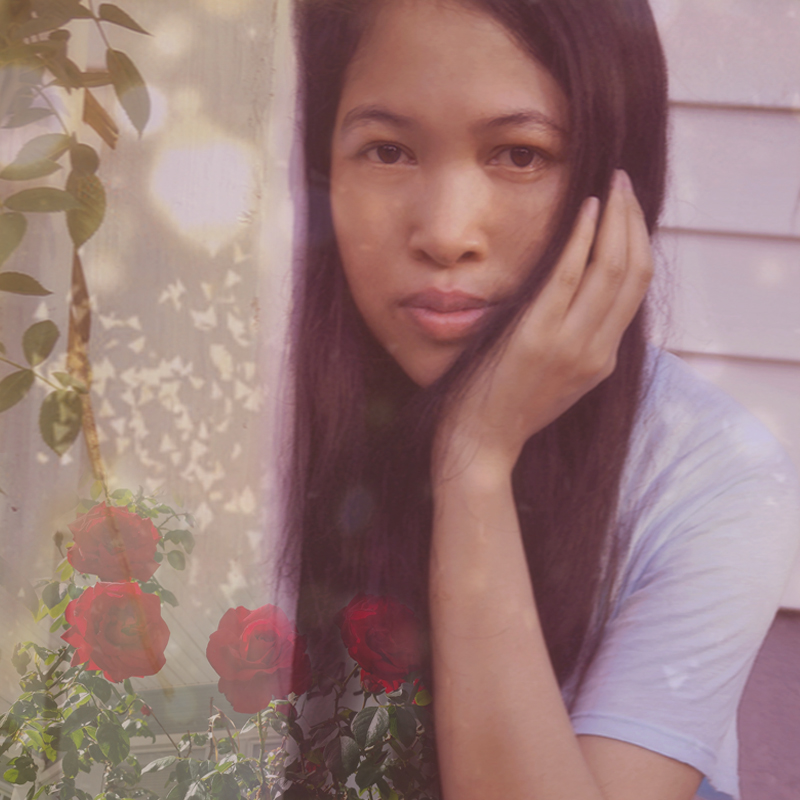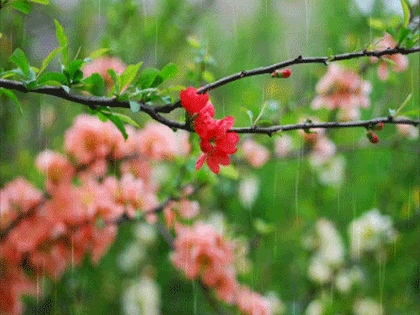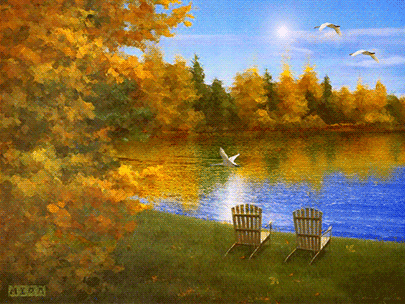-
Comment July 16, 2016
-
King Kosala asking the heretical teachers
Comment July 16, 201633. King Kosala asking the heretical teachers if any of them claim to be the Buddha
Even before the Blessed One had attained the Supreme Enlightenment of a Buddha, there were six heretical teachers who wandered about towns and villages and deceived many people by professing themselves to be Buddhas. When they arrived at Savatthi, the ministers who had faith in these wandering ascetics informed King Kosala that their teachers were all Buddhas. King Kosala said to the ministers, “Please invite your teachers yourselves and bring them to this palace”.
When these heretical teachers arrived at the palace, they dared not sit upon the magnificent seat of the king and some of them sat upon the floor, while others sat on the carpets. The King saw how they were seated and guessed that none of them could be the Buddha. He asked them a direct question, “Do you admit that you are the Buddha or deny it?” They frankly admitted, “We are not the Buddha”. They were then allowed to leave the palace in peace.
THE ILLUSTRATED HISTORY OF BUDDHISM
by ASHIN JANAKA BHIVAMSA (Aggamahapandita)
Artist: U Ba Kyi | Link to this post -
Think about this seriously
Comment July 16, 2016“I listened to his laments, then I said, ‘Don’t feel too sorry for yourself, sir. If you were a pig, then you’d have good reason to feel sorry for yourself. When the price of pork is high, the pigs are slaughtered. When the price of pork is low, the pigs are still slaughtered. The pigs really have something to complain about. The people shouldn’t be complaining. Think about this seriously, please.’ ~Ajahn Chah
-
With a tranquil and peaceful heart
Comment July 15, 2016 -
Dedication ceremony of the Jetavana monastery by Anathapindika
Comment July 12, 201632. Dedication ceremony of the Jetavana monastery by Anathapindika, the millionaire
The Buddha was dwelling in Rajagaha, at the end of the first rainy season. Now, Anathapindika, the Millionaire, arrived in Rajagaha in connection with business. He heard that the Blessed One had attained the Supreme Wisdom of a Buddha, and had a strong desire to go to Him that very night, but could not do so. He went to bed with his thoughts fixed on the Blessed One. His faith in the Buddha was so intense that he could not sleep well and was between waking and sleeping, when a light emanated from his body. Thinking it to be daylight he went to where the Blessed One was.
When he met the Buddha, he was established in the first holy stage of the Ariyan Path. He came back, at once, to Savatthi and looked for a site to build a monastery, and found a park belonging to Prince Jeta, in a very quiet place, well connected with roads and neither too near nor too far from the town. He bought this park covering the whole site with gold coins and erected the famous Jetavana Monastery at great cost. He donated it to the Buddha and his many disciples after inviting them to come over from Rajagaha.
THE ILLUSTRATED HISTORY OF BUDDHISM
by ASHIN JANAKA BHIVAMSA (Aggamahapandita)
Artist: U Ba Kyi | Link to this post -
The value of Dhamma isn’t to be found in books
Comment July 10, 2016By Ajahn Chah
The value of Dhamma isn’t to be found in books. Those are just the external appearances of Dhamma, they’re not the realization of Dhamma as a personal experience. If you realize the Dhamma you realize your own mind, you see the truth there. When the truth becomes apparent it cuts off the stream of delusion.
The teaching of the Buddha is the unchanging truth, whether in the present or in any other time. The Buddha revealed this truth 2,500 years ago and it’s been the truth ever since. This teaching should not be added to or taken away from. The Buddha said, ”What the Tathāgata has laid down should not be discarded, what has not been laid down by the Tathāgata should not be added on to the teachings.” He ”sealed off” the teachings. Why did the Buddha seal them off? Because these teachings are the words of one who has no defilements. No matter how the world may change these teachings are unaffected, they don’t change with it. If something is wrong, even if people say it’s right doesn’t make it any the less wrong. If something is right, that doesn’t change just because people say it’s not. Generation after generation may come and go but these things don’t change, because these teachings are the truth.
Now who created this truth? The truth itself created the truth! Did the Buddha create it? No, he didn’t. The Buddha only discovered the truth, the way things are, and then he set out to declare it. The truth is constantly true, whether a Buddha arises in the world or not. The Buddha only ”owns” the Dhamma in this sense, he didn’t actually create it. It’s been here all the time. However, previously no-one had searched for and found the Deathless, then taught it as the Dhamma. He didn’t invent it, it was already there.
At some point in time the truth is illuminated and the practice of Dhamma flourishes. As time goes on and generations pass away the practice degenerates until the teaching fades away completely. After a time the teaching is re-founded and flourishes once more. As time goes on the adherents of the Dhamma multiply, prosperity sets in, and once more the teaching begins to follow the darkness of the world. And so once more it degenerates until such a time as it can no longer hold ground. Confusion reigns once more. Then it is time to re-establish the truth. In fact the truth doesn’t go anywhere. When Buddhas pass away the Dhamma doesn’t disappear with them.
-
The Buddha converting Saccaka, the ascetic
Comment July 10, 2016The Buddha converting Saccaka, the ascetic, who came to match his doctrine with that of the Buddha
31. The Buddha converting Saccaka, the ascetic, who came to match his doctrine with that of the Buddha
There was in Vesali an ascetic called Saccaka, well-versed in a variety of dogmas and philosophies. He was a teacher of the princes. As he had humiliated many heretical teachers of the day, he was planning to defeat also the Blessed One in argument. He met the Venerable Assaji one day and came to know about the doctrine of the Blessed One. He therefore came to the Buddha in order to have a debate on the doctrine. A great crowd came to watch the results of the debate.
During the debate, the Blessed One said, “Matter or form is insubstantial (that is, there is no such thing as a creative soul)”. The ascetic refuted it by saying “There is a creative soul”. The Blessed One then said, If there is a creative soul, why does it not create a beautiful form?” The hermit could not rebut it and sat quietly. The Buddha asked him for the second time and he still kept quiet. Now Sakka, lord of the gods, came and, assuming the form of a huge demon, threatened to strike him with his celestial weapon. When he was questioned for the third time he admitted that “matter or form is insubstantial”.THE ILLUSTRATED HISTORY OF BUDDHISM
by ASHIN JANAKA BHIVAMSA (Aggamahapandita)
Artist: U Ba Kyi | Link to this post -
Autumn Wind
Comment July 9, 2016When autumn wind goes running
It does some magic things.
It gives the shadows dancing shoes,
It gives the bright leaves wings –
When autumn wind goes running.It curls the bonfire’s tail of smoke
And shares a little whispered joke
With cornstalks who delight to prattle,
It turns a seed pod into a rattle –
When autumn wind goes running.~Unknown
-
-
Go out into the world today
Comment July 9, 2016


















